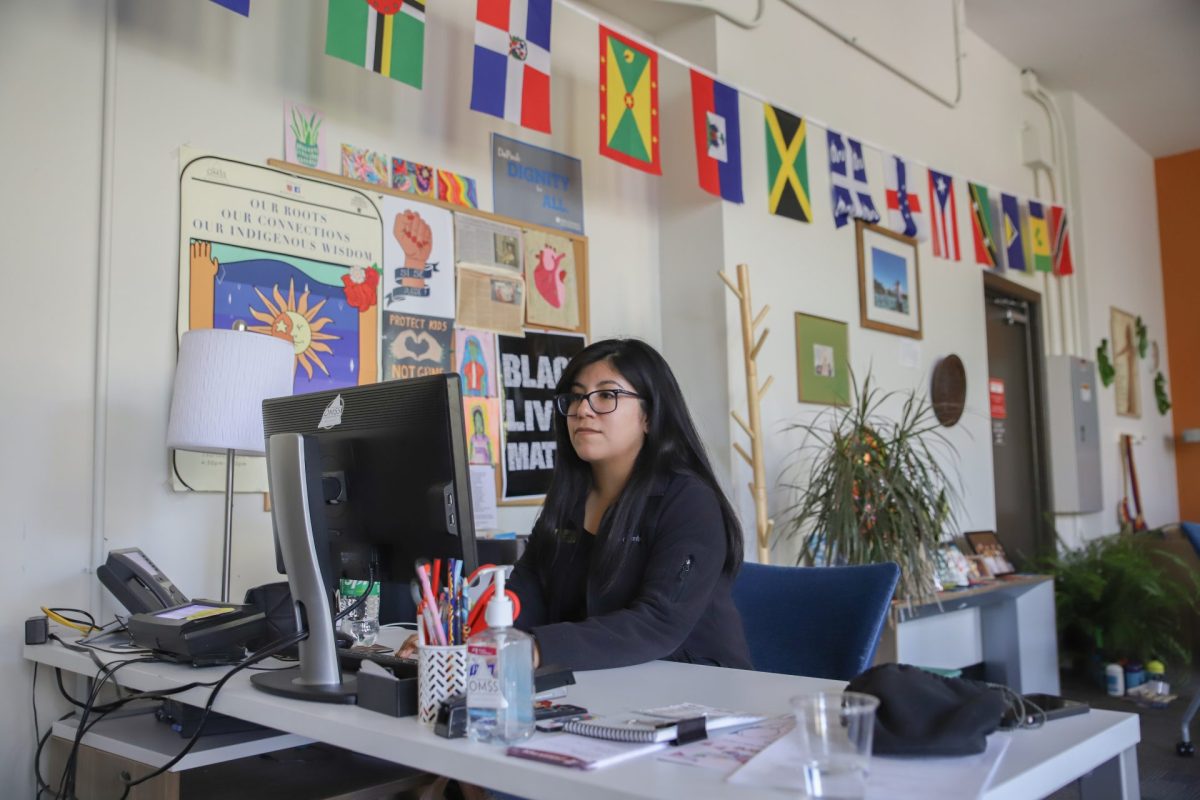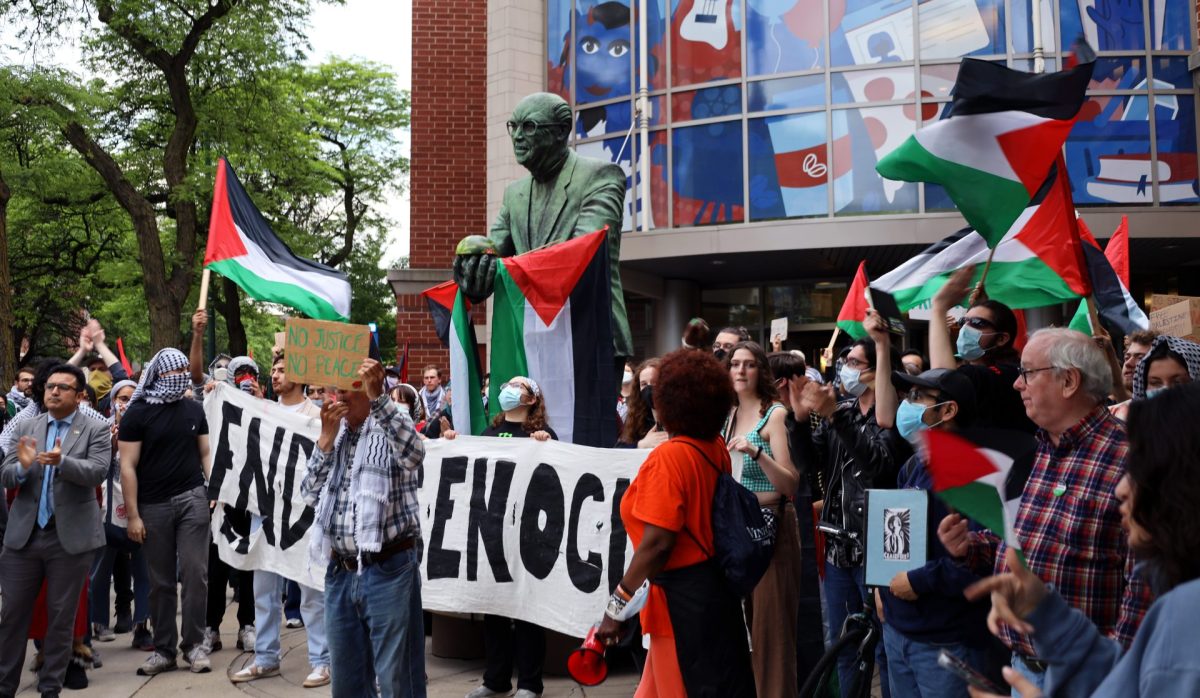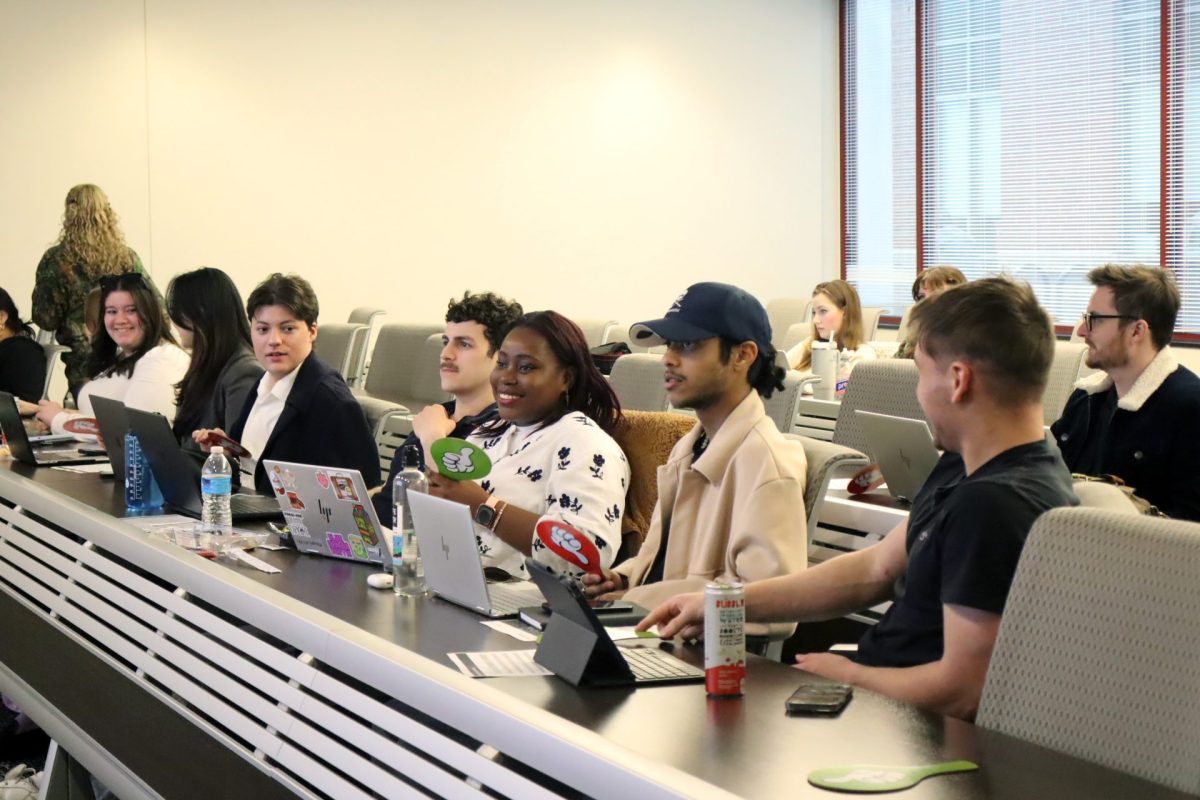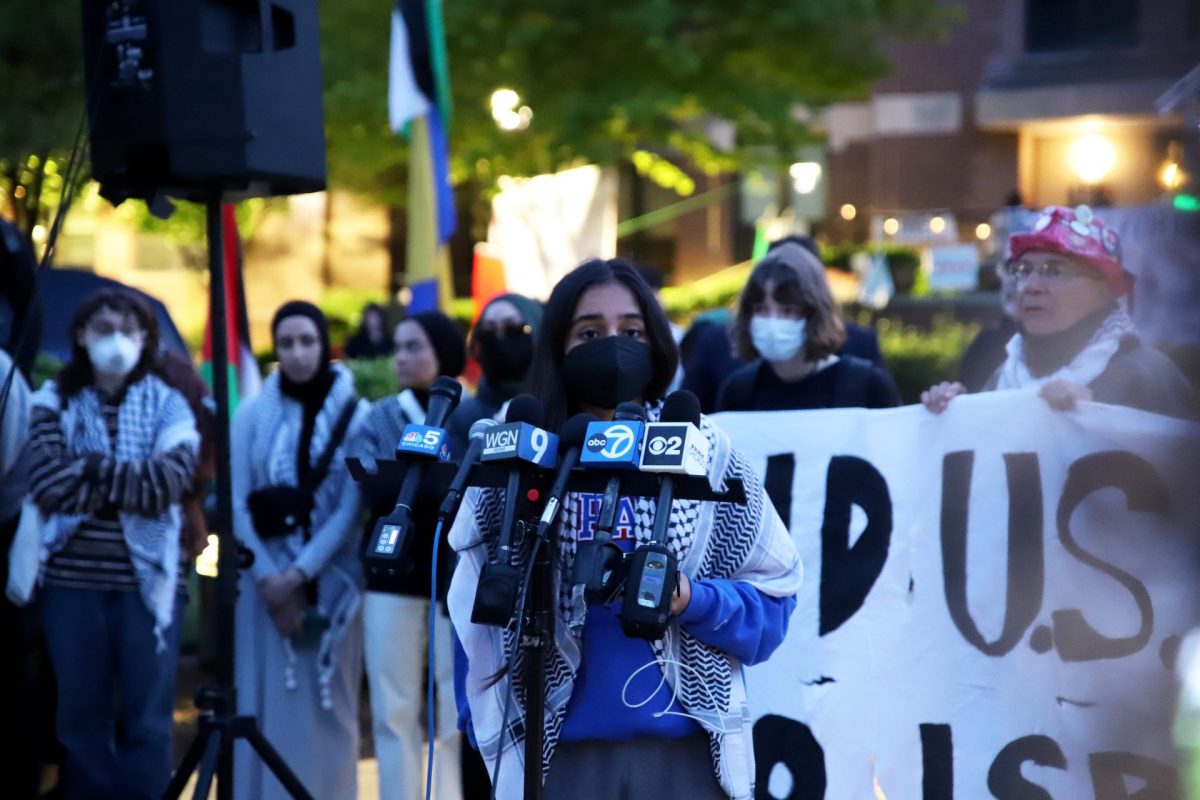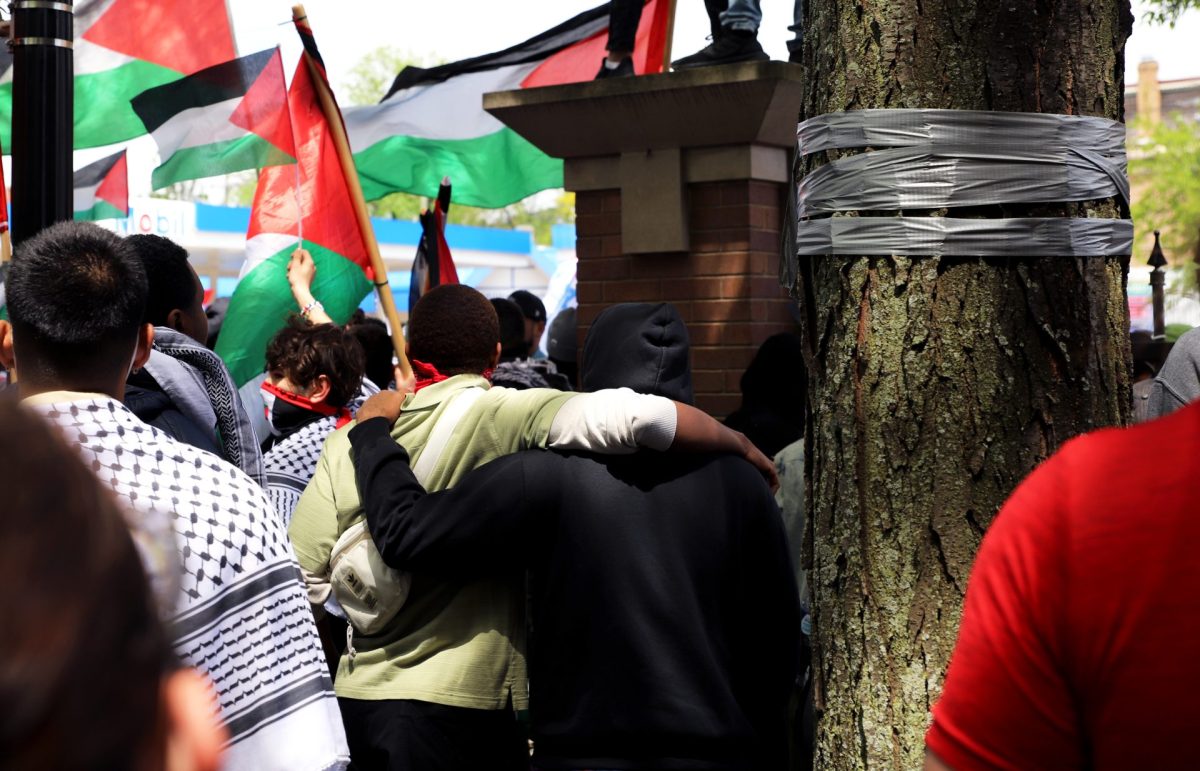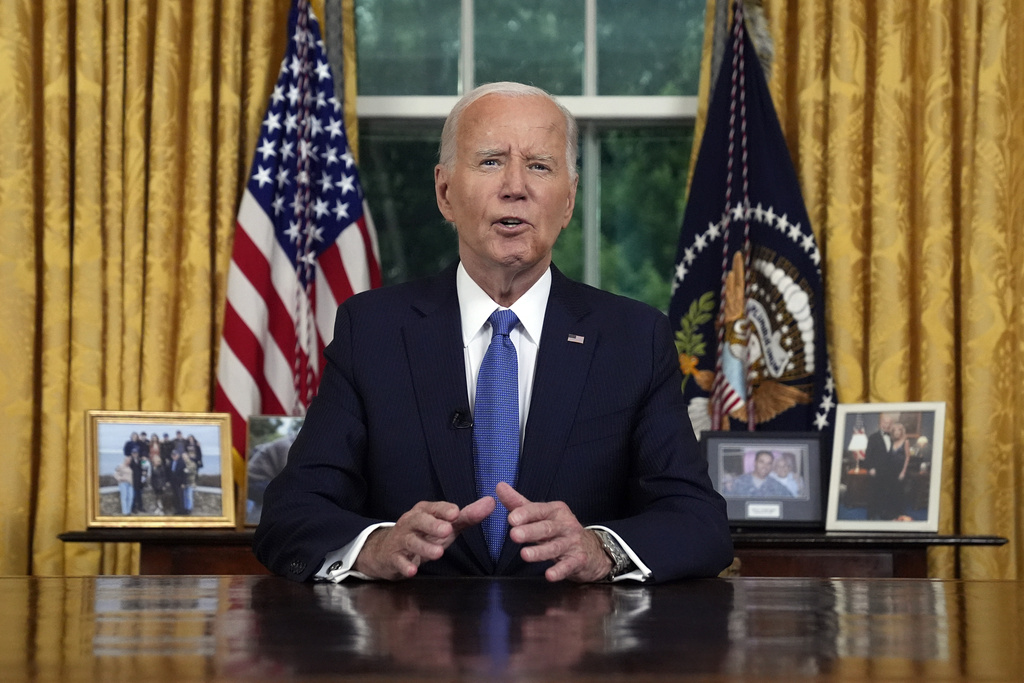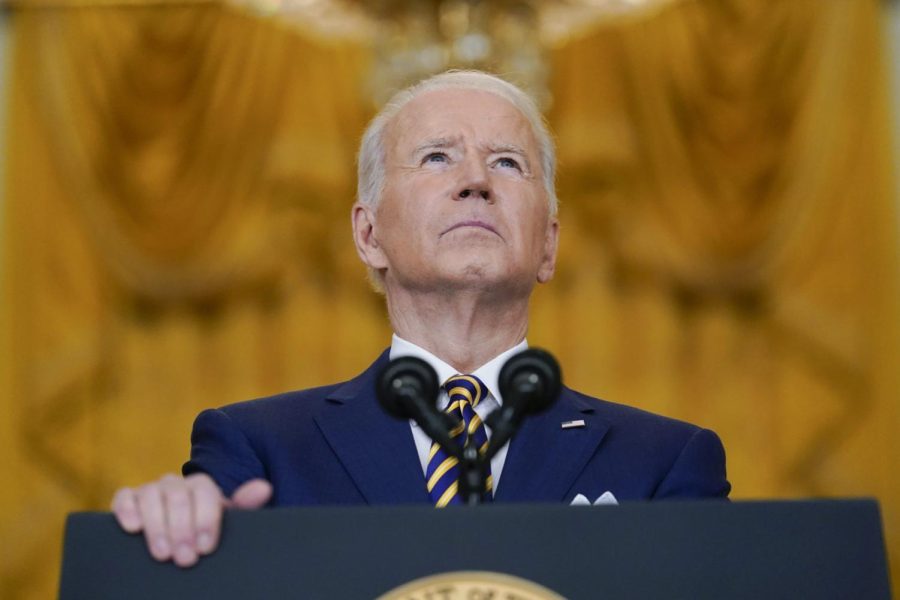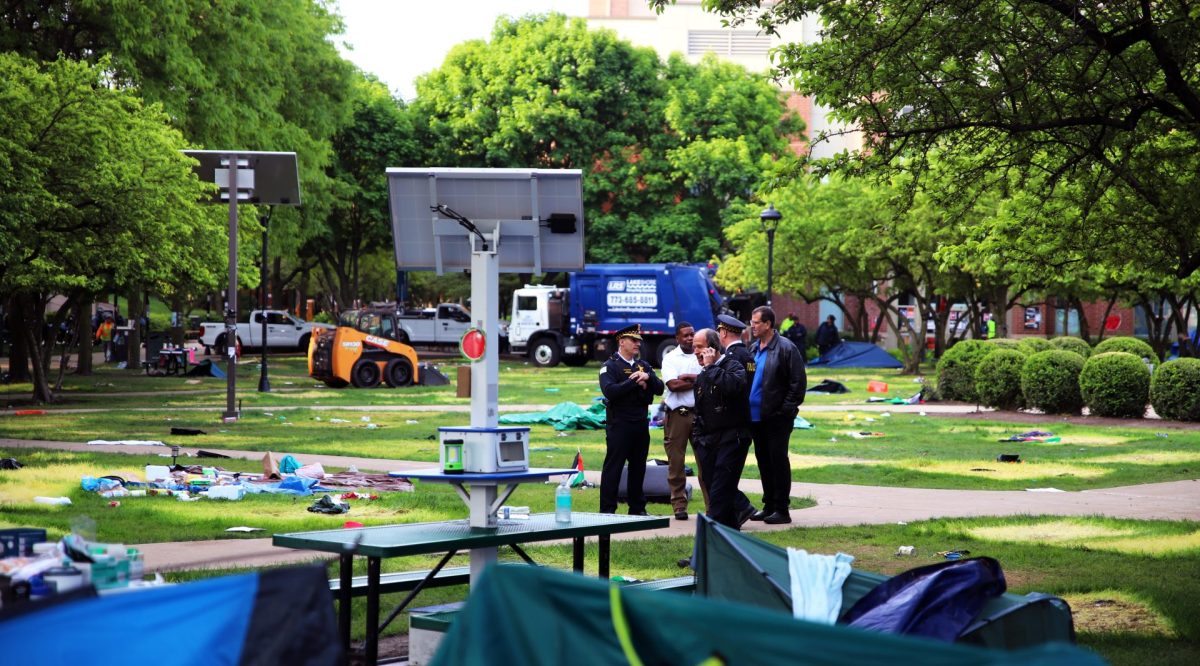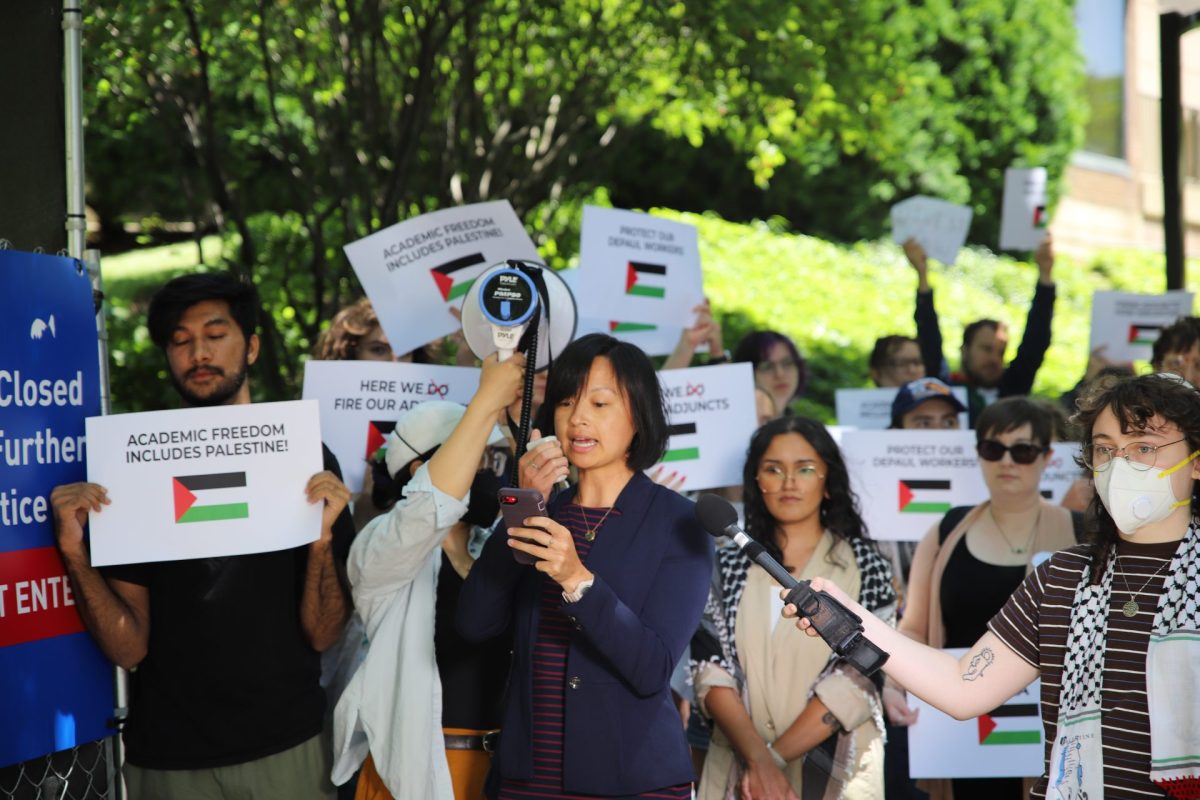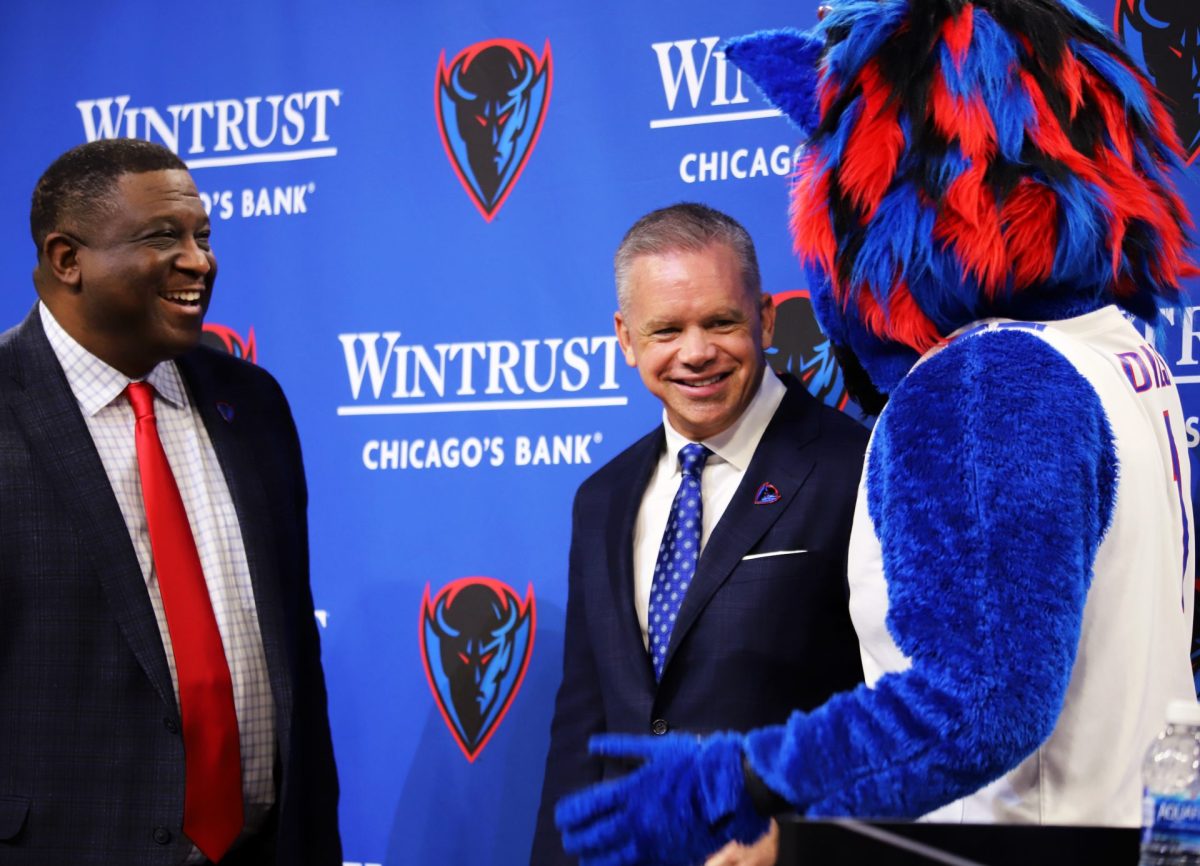DePaul’s cultural centers received a funding boost of $100,000 from the Office of Student Involvement (OSI) in July that will be used to invest in current and future student programming, according to the cultural center’s associate director.
Each cultural center, which includes the Latinx Cultural Center (LCC), the Black Cultural Center (BCC), the LGQBTQIA+ Resource Center and the Asian Pacific Islander Desi American (APIDA) Cultural Center, will receive $25,000 each.
Jane Baron, the associate director of the four cultural centers at the university, said the centers were once under the Office of Multicultural Student Success (OMSS). However, they will now be operating as their own entity rather than under OMSS’s mission, which focuses on improving the retention rates of students of color.
At the end of May, Baron found out that OMSS would receive a budget cut due to the university’s $56.5 million budget gap in March of 2023. It remains unclear how much money was cut from OMSS.
When asked if she foresees the university cutting the budget of the cultural centers, Baron said, “That’s a good question that I don’t have an answer to.”
Given the university’s cuts, this sparked conversations between OMSS and OSI leaders in July about where the cultural centers “would fit,” Baron said.
“This year, the coordinators have a lot in mind of how we can use the budget and that does include being able to fund new programs,” Baron said.
Last year, the cultural centers had to “negotiate priorities” due to fewer resources and now want to make current programs “more visible and a little bit bigger,” Baron said.
Ashley Jackson-Williams, the director of Academic Continuity and Engagement, said that OMSS and the cultural centers have not “split” but “realigned” to ensure they are providing students with their needs.
“A lot of the reason why we were moved with OSI is more to elevate the vision of the culture and resource centers, to make sure that people know where it is,” Baron said.
The OMSS office will continue to provide the same number of events, scholarship opportunities, undocumented student support and more resources to students, Jackson-Williams said.
The cultural centers will be “more focused on programs and a sense of belonging and building community with students,” Baron said.
But Baron said she had “mixed emotions” about the cultural centers no longer working under OMSS.
“OMSS was such a community for all of us, especially as we’re staff of color. To be able to split from a unit was really hard,” Baron said.
The cultural centers no longer operating under OMSS have made it harder for staff and students to collaborate, she said.
“Now that we don’t have that direct line of communication, it is a lot harder for us to communicate,” Baron said.
“It was always in the plan [for the cultural centers] to be separated from OMSS,” Baron said. However, the budget cuts and staff leaving over the past few months sped up the process, Baron said.
“It just came a lot faster than I anticipated,” she said.
DePaul’s President Robert L. Manuel announced at the beginning of August that “in order to close the FY24 budget gap, a total of 15 of our 1,300 full-time staff members have left the university through workforce reductions.”
Other DePaul University staff and faculty left throughout the summer, including previous LCC coordinator Mariela Aranda. Aranda could not be reached for comment regarding whether her leaving was related to the budget cuts.
Aranda worked as the LCC Program Manager for three years and before, she worked part-time as the Community Service Scholars Program Coordinator.
“We all appreciated the fact that she advocated so much, especially for student activities, for representation, especially since, you know, we’re in a predominantly white institution,” DePaul senior Jessica Soriano-Villada said.
When Aranda made the final announcement in August, Soriano-Villada said, “that was the saddest news.”
Angelina Alvarez, a DePaul senior who started working at the LCC this month, created the Native American and Indigenous Student Association this year and uses the LCC for her club meetings.
Baron is also in the process of finding a new LCC coordinator which began on Sept. 15. The goal is to have the position filled before mid-October, Baron said.
“Being in a predominantly white institution, the students need representation,” Soriano-Villada said. “They need voices. The culture and resource centers are like that safe space for them, that foundation, if you will, to start advocating.”
To access the cultural centers they can be found in O’Connell Hall on DePaul’s Lincoln Parks campus.


